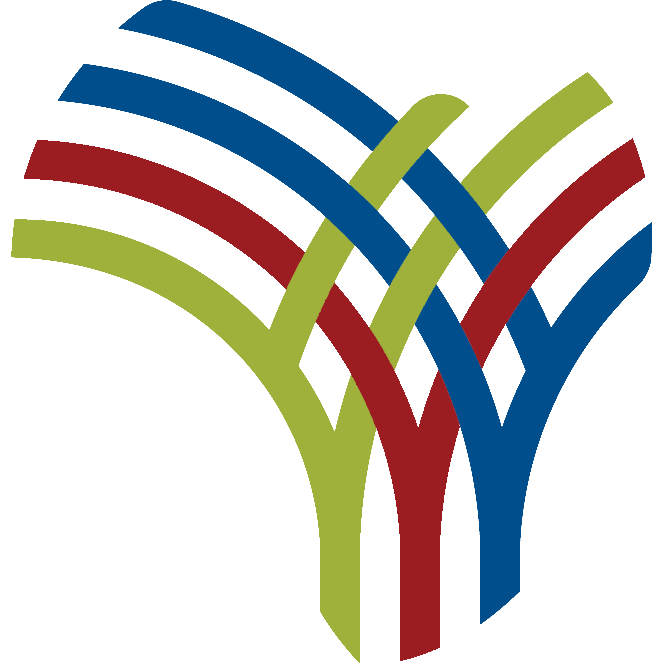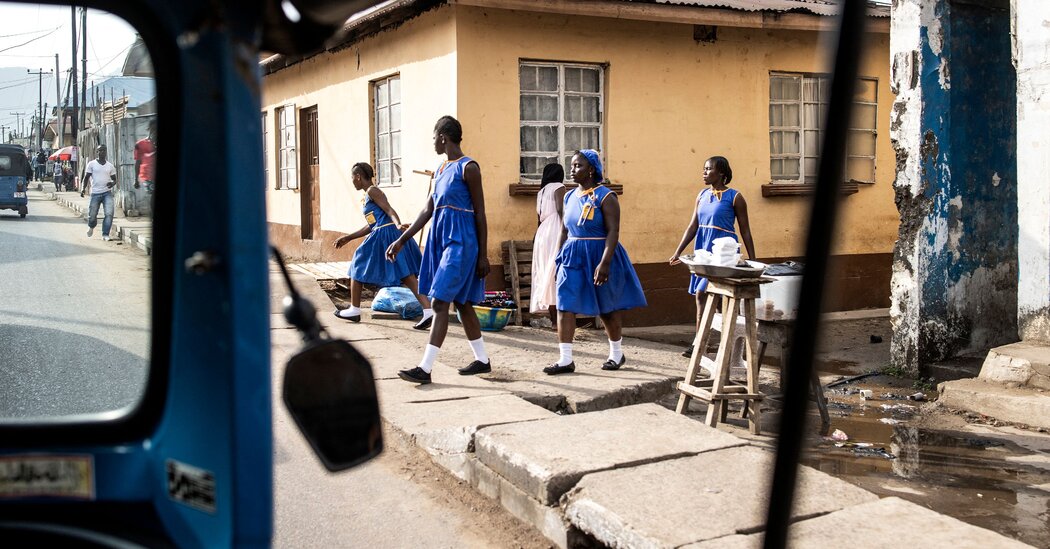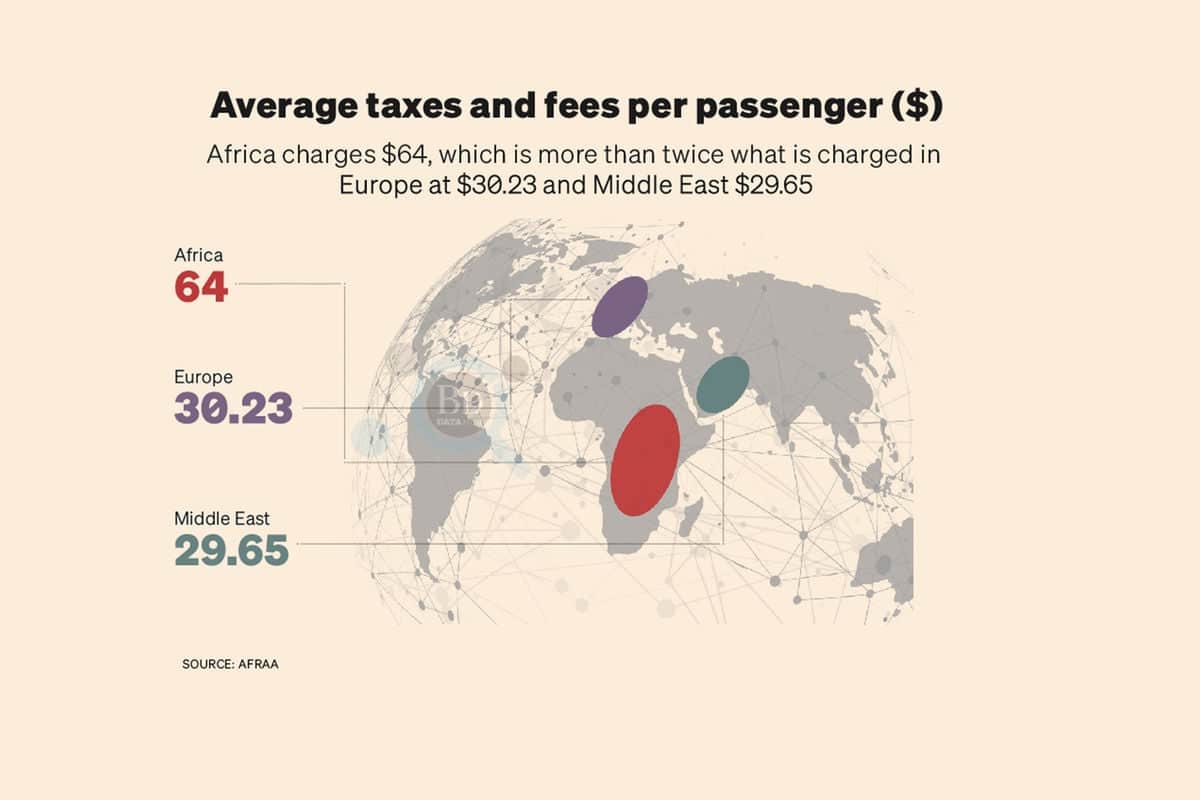Waziri Mkuu kuongoza majaribio SGR Dar-Dodoma Aprili 21
Aprili 26, 2024, Tanzania itaadhimisha miaka 60 ya Muungano wa Tanganyika na Zanzibar. Shughuli mbalimbali ikiwemo maombi maalumu yatakayofanyikia Dodoma.Continue Reading
Aprili 26, 2024, Tanzania itaadhimisha miaka 60 ya Muungano wa Tanganyika na Zanzibar. Shughuli mbalimbali ikiwemo maombi maalumu yatakayofanyikia Dodoma.Continue Reading
DAR ES SALAAM: Zanzibar is planning to introduce surveillance Radar and marine vessel tracking system to promote safer fishing and transportation activities in the Indian Ocean.
This was unveiled by Zanzibar’s Minister for Infrastructure, Communication and Transport, Dr Khalid Salum Mohamed. He made this revelation in Dar es Salaam on Thursday while officiating opening of the of a two day Regional Seminar on Africa Ferry Safety which was convened at Julius Nyerere International Convectional Center.
“Currently there are around 380 illegal harbors used for boarding and disembarking of passengers and cargo. This contravenes safety measures. The government is in the process of dealing with this by introducing surveillance radar and marine vessels tracking system,” the minister observed
He said that being an Island within the Indian Ocean, Zanzibar residents and visitors do mostly depend on Ferries for movement of people and goods and this exposes them to fatal accidents and therefore the government is in traducing these measures to protect live and economy of the archipelago.
According to him there are some deadly ferries mishaps occurred in the past but the government was taking serious measures to ensure such accidents don’t repeat themselves for safer water bodies transportation.
The minister highlighted other measure of combating ferry accidents to be including ensuring there ins firm maritime administration, strict measure of registering and identify marine vessels which are to be operated by skilled crew members.
Get the latest in African news delivered straight to your inbox
He called for water way travellers in the country to shun away form board ferries and other water transportation through porous harbors where there are no skilled and registered crew members and hence, endangering lives.
Dr Mohamed also called for Tanzania and other African Ferry transportation stakeholders to have commitment of adhering to the international safety standards set by the International Marine Organization (IMO).
Most of the ferry accidents, according to the minister ware due to poor design of the equipment, unsafe practices among crew members and maritime administrators and poor weather, which ar easily to combat if measure are taken keenly.
The two day Regional Seminar on Africa Ferry Safety was attended by delegates from Kenya, Uganda, Zambia, Malawi, Nigeria, Democratic Republic of Congo and Tanzania.
Source: allafrica.com
Global Witness is growing increasingly concerned for the safety of communities and campaigners challenging the East Africa Crude Oil Pipeline (EACOP) – set to run through Uganda and Tanzania – with reports of police repeatedly harassing and intimidating those who voice their opposition to the project.
Since last month, nine community members have been repeatedly summoned by police, forced to travel around 120km back and forth to the station, where they are reportedly interrogated but not charged with any offenses. This week, they had their phones confiscated and sent for “inspection”, while they were forced to sign statements about their relationship with climate activists.
Police have forced the community members to return to the station twice this week alone, as fears grow their phones will be used to track down and criminalise other campaigners. Today, police threatened that their questioning and summoning of campaigners won’t stop until they give up information.
These interrogations come just months after Global Witness received information that police were ordered to arrest Tanzanian activist Richard Senkondo, 32, so he could be interrogated by the country’s national intelligence and security agency, the Tanzania Intelligence and Security Service (TISS). Richard has been living in hiding ever since.
Hanna Hindstrom, Senior Investigator at Global Witness, said:
“The targeting of critics of the EACOP pipeline casts a chilling shadow over environmental activism in Tanzania. We urge the Tanzanian authorities to immediately withdraw the arrest order for Richard and cease their harassment of communities.
“TotalEnergies is set to make untold millions from the displacement of communities along the EACOP route, apparently ignoring the fact that this destructive project has been made possible by silencing anyone brave enough to speak up for their rights.”
Police’s search for Richard and the harassment of communities is the latest in a crackdown on defenders linked to the EACOP pipeline, who TISS officers have also previously interrogated, according to a 2023 Global Witness investigation into the impacts of the pipeline on communities, in which Richard is featured.
The report notes that at least 47 defenders protesting oil or EACOP were arrested in Uganda alone between September 2020 and the time of publication in December 2023. Included in these figures are seven students who were arrested in Uganda on 24 November for peacefully opposing EACOP.

Get the latest in African news delivered straight to your inbox
Since publication of the Global Witness report, the crackdown has continued. On December 11 2023, 42 households in Uganda – including several prominent defenders featured in Global Witness’s report – were given four day’s warning of a court case aimed at forcing them to accept compensation for their homes and land. The ruling was delivered within four days of filing the case, and after only one hearing.
In early January 2024, four more students in Uganda were arrested for protesting the pipeline.
Until recently, the situation in Tanzania has been opaque, with an effective ban on civil society mobilising around the pipeline.
Zaki Mamdoo, coordinator of the Stop EACOP campaign, said:
“The silence from the diplomatic corps in Tanzania speaks volumes about the influence of the fossil fuel industry. Where is the outrage that ordinary people are being forced off their lands without enough compensation and then threatened into silence by a repressive regime to make way for a European oil project?”
Hanna Hindstrom, Senior Investigator – Land and Environmental Defenders
Evie Calder, Senior Communications Advisor, Forests and Defenders
Source: allafrica.com
Rais Samia ambaye leo ni siku yake ya pili katika ziara hiyo ya kiserikali amesema kesho Ijumaa Aprili 19, 2024 wanatarajia kufanya mkutano wa biashara ambao utawakutanisha wafanyabiashara wa Tanzania na UturukiContinue Reading

The University of Ankara in Turkey is poised to confer an honorary PhD in Economics upon Tanzania’s President, Samia Suluhu Hassan, in recognition of her exemplary leadership and its impact across social, political, and economic domains.
The event is scheduled to take place today at the university’s Tandogan campus in Ankara.
Also read: Why SUZA awarded Samia honorary doctorate
President Samia, accompanied by a delegation from the business community, arrived in Turkey on Wednesday for her five-day official visit. This visit comes in response to an invitation extended by Turkey’s President, Recep Tayyip Erdogan.
Following the ceremony, according to the itinerary, President Samia Suluhu Hassan will proceed to the Külliye (Presidential Palace), where she will be welcomed by her Turkish counterpart, President Recep Tayyip Erdoğan, in an official welcoming ceremony. The heads of state will engage in a private discussion before a joint press conference. Additionally, President Samia will witness the signing of memoranda during her visit.
Source: allafrica.com

The company has told countries that it can supply only 18.8 million of the 29.6 million doses it was contracted to deliver this year.
Nearly 1.5 million teenage girls in some of the world’s poorest countries will miss the chance to be protected from cervical cancer because the drugmaker Merck has said it will not be able to deliver millions of promised doses of the HPV vaccine this year.
Merck has notified Gavi, the international organization that helps low- and middle-income countries deliver lifesaving immunizations, and UNICEF, which procures the vaccines, that it will deliver only 18.8 million of the 29.6 million doses it was contracted to deliver in 2024, Gavi said.
That means that more than 10 million girls will not receive their expected HPV shots this year — and 1.5 million of them most likely will never get them because they will be too old to qualify for the vaccine in subsequent years.
Patrick Ryan, a spokesman for Merck, said the company “experienced a manufacturing disruption” that required it to hold and reinspect many doses by hand. He declined to give further details about the cause of the delay.
“We are acting with urgency and rigor to deploy additional personnel and resources to resolve this matter as soon as possible,” he said.
Mr. Ryan said that Merck would deliver the delayed doses in 2025.
He also said the company would ship 30 million doses of the vaccine to Gavi-supported countries this year. However, about a third of these are doses that were supposed to have been sent in 2023, leaving Gavi with the 10.7 million dose shortfall.
Source: nytimes.com
Zanzibar licha ya kuwa na miundombinu ya barabara, bado ina safari ndefu ya kuziwezesha kuwa na sifa hiyoContinue Reading

By AGGREY MUTAMBO
Africa is steering clear of the debate on whether Israel should retaliate, de-escalate or if Iran was wrong or right in attacking Israel on Saturday last week.
Iran sent drones and missiles to Israel, marking the first direct attack on Tehran’s old-time enemy, even though the two had targeted each other via proxies.
And while world leaders have either condemned or urged escalation, the African Union is keeping a pass.
Read: How the Israeli-Hamas war is dividing Africa
European Union leaders were expected to discuss stepping up sanctions against Iran on Wednesday.
Sanctions are not supported by the AU in general. The bloc has always spoken about the need to lift sanctions imposed on Zimbabwe, Cuba and other countries by the West.
The AU had also been swift in condemning terrorist attacks around the world, including in Iran, and lay into Israel when it responded severely to the October 7 raid by Hamas, which is seen as an Iranian proxy by the West.
For Africa, the policy on Israel is never static. Israel had been growing its diplomatic footprint in Africa, reaching out to countries that had initially broken relations decades earlier.
After the October 7 attack in southern Israel by Hamas, however, countries like South Africa, Chad and Sudan announced pausing or downgrading ties in the wake of the brutality on Palestinians by the Israeli military.
South Africa and Algeria had also challenged AU’s initial steps to accept Israel as an observer state.
Read: Deny Israel observer status, activists ask AU
Yet the silence from the continental bloc hasn’t been reciprocated by member states, with some sticking out their voice in what could also show Africa is not speaking as one yet.
Kenya expressed concerns about Iran’s action, saying it is dangerous for the world.
“Kenya is deeply concerned by Iran’s attack on the state of Israel. This disturbing development only serves to aggravate an already delicate situation in the Middle East,” said President Ruto on X, formerly twitter.
“The attack represents a real and present threat to international peace and security, contravenes the Charter of the United Nations and should be condemned by all peace-loving countries.”
Kenya is deeply concerned by Iran’s attack on the State of Israel. This disturbing development only serves to aggravate an already delicate situation in the Middle East. The attack represents a real and present threat to international peace and security, contravenes the Charter…
— William Samoei Ruto, PhD (@WilliamsRuto) April 14, 2024
Ruto hadn’t spoken on earlier claims by Iran when Tehran said Israel had flattened a diplomatic mission belonging to Iran in Damascus, Syria, where seven officials died.
However, he urged Israel to show “utmost restraint taking into account the urgent need for all parties to walk away from the brink beyond which recovery will be enormously difficult”.
South African President Cyril Ramaphosa said, “As UN Secretary General UN Antonio Guterres has stated, there is a very real danger of a devastating region-wide escalation.”
“In this context, South Africa emphasises that all parties must exercise the utmost restraint and avoid any act that would escalate tensions in a particularly fragile region.”
Read: S.Africa asks ICJ to weigh Israel’s Rafah attack
Some observers think Africa is scarred by the debacle of the war in Ukraine, when the continent was ignored on its plea for dialogue.
South Africa, Senegal, Uganda, the Republic of Congo, Comoros and Egypt even presented an “African Peace Proposal” to Ukraine and Russia but were ignored.
Meanwhile, world powers are pressing African countries to take sides.
South Africa, traditionally an ally of Moscow, faced potential for an Agoa ban if it continues to hold military cooperation with Russia, now heavily sanctioned in the West, for invading Ukraine.
After the Iranian attack, Moscow blamed the UN Security Council for failing to provide a response to Israel’s “provocation on Iran”.
“We have warned repeatedly that the numerous unresolved crises in the Middle East, primarily in the area of the Palestinian-Israeli conflict, which are often fuelled by irresponsible, provocative actions, will exacerbate tensions,” Moscow said on Monday.
Iran meanwhile has cited self-defence. Article 51 of the UN Charter says a nation or group of nations may have inherent right to self-defence or collective self-defence if attacked.
Some legal experts have argued the right to self-defence does not always mean resorting to deadly violence.
“The response was in the exercise of Iran’s inherent right to self-defence…and proportionate response to the Zionist Regime of Israel’s recurring military aggressions,” said the Iranian Embassy in Nairobi on Tuesday.
Iran had said Israel attacked its diplomatic premises in Damascus on April 13 “which led to the martyrdom of seven Iranian senior military advisers”.
Inaelezwa washtakiwa wakiwa raia wa Tanzania, waliondoka isivyo halali nchini kueleleka Afrika KusiniContinue Reading

Taxes and fees charged on African air tickets are higher than what airlines in other continents charge and are inhibiting air transport on the continent.
According to the African Airlines Association (Afraa), a leading trade association of airlines based in Ghana that researches aviation, the average amount paid in taxes and fees by passengers in Africa is more than twice what air travellers in other continents pay.
Taxes and fees on African air tickets averages $64 while in Europe it averages $30 per ticket while it is even lower in Middle East at $29.65.
The high add-on fees has inhibited the growth of air travel on the continent that is grappling with high poverty rates.
Regionally, Western and Central Africa rank as the most expensive regarding international passenger charges averaging $94.59 and $93.74.
However, passengers from Northern Africa pay the lowest in taxes and fees averaging $26.27.
The charges have been blamed on the unfriendly business environment, poor governance and less subsidies given to airlines in Africa compared to those abroad.
East African Business Council in a study on air space liberalisation in the EAC shows average departure charges account for 13 percent of the ticket prices for flights in EAC and eight percent for flights to other African countries.
Afraa notes that despite efforts by airlines to offer passengers low fares, taxes and fees cause total ticket prices to more than double of the base rate.
“The low purchasing power in Africa calls for interventions to evaluate the issue of high taxes and fees to stimulate demand and make air transport affordable to African citizens”, Afraa recommends.
Apart from passenger taxes levied directly on the ticket, airlines incur other charges connected to their operations in airports such as aircraft charge, landing, parking, passenger bus, and hangar among others.
In 2019 as noted by Afraa, the International Civil Aviation Organization, a United Nations agency, regulations stipulated fuel that accounted for 24.7 percent of operational costs by African airlines was not to be taxed.
However, other particular taxes and fees are applied to passengers.
Zanzibar Investment News Tanzania Investors Ltd © 2025